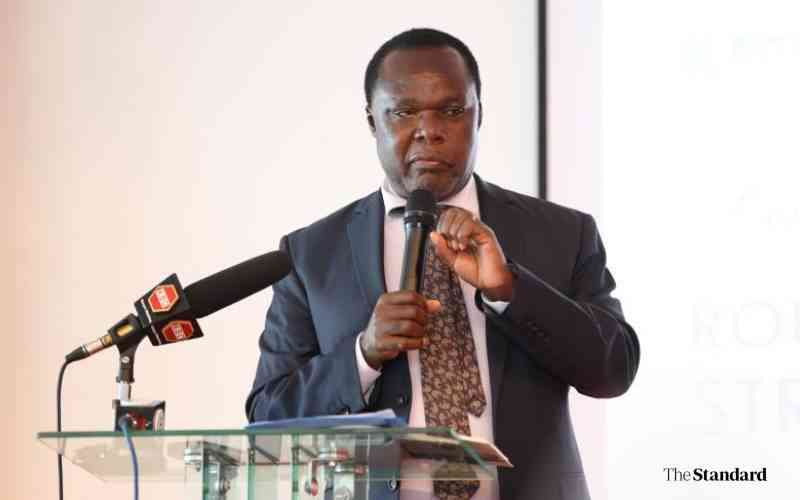×
The Standard e-Paper
Join Thousands Daily

Healthtech consulting firm Salient Advisory has named MYDAWA, Maisha Meds and 22 other health firms as the leading innovators that are transforming healthcare systems across Africa.







